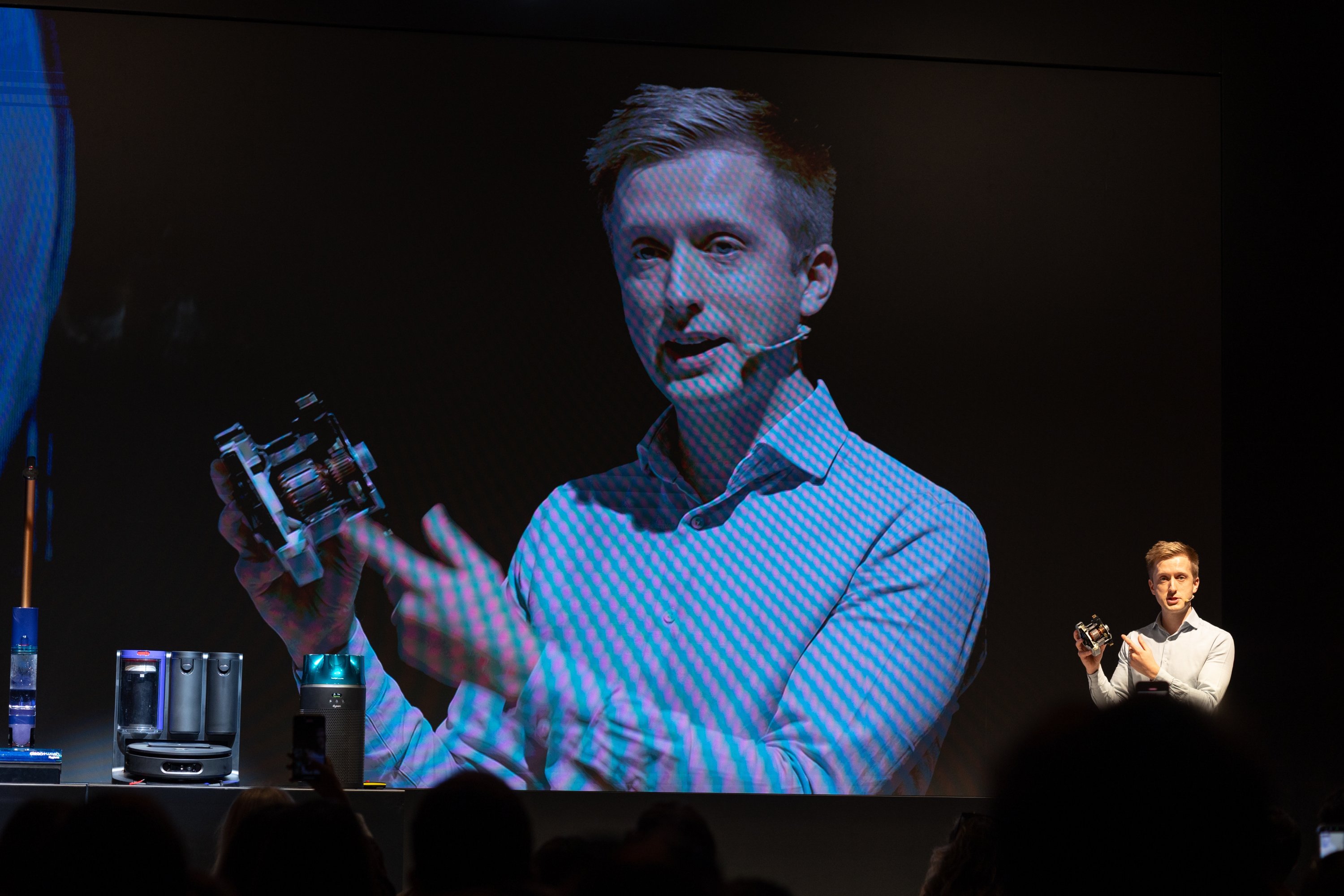
The global software as a service (SaaS) market is projected to grow from $315.68 billion in 2025 to $1.1 trillion by 2032, with an annual growth rate of 20%. As this transformation unfolds, TT Ventures is positioning Türkiye’s tech startups to capture a share of this expanding opportunity through strategic investments in cloud-based and SaaS solutions.
Founded in 2018, the Türk Telekom venture capital arm, TT Ventures, has invested in 17 companies to date, contributing significantly to the development of Türkiye’s startup ecosystem.
However, the real value lies in the company’s early recognition of the massive growth potential in the global SaaS and cloud computing market, and its focused strategy in this area.
According to global research and advisory firm Gartner, public cloud spending is expected to reach $723.4 billion in 2025. These figures show that cloud-based solutions are no longer a luxury – they’ve become a necessity.
The scale of the cloud computing and SaaS market represents one of the fastest transformations in tech history. The numbers show that this sector is not just a trend; it’s becoming the core infrastructure of the digital economy.
Cloud spending surges globally
As of 2025, the global cloud computing market is expected to reach $912.77 billion, and is forecast to hit $5.15 trillion by 2034, growing at an annual rate of 21.2%. This growth is driven by AI integration, the rise of hybrid work models and the accelerating need for digital transformation across industries.
The enterprise software market is also expanding. It is valued at $317 billion in 2025 and is expected to reach $403.90 billion by 2030. Notably, U.S. companies spend an average of $868.40 per employee annually on software, compared to just $157.90 in Europe.
This gap highlights both the maturity of the market and its growth potential.
Recurring revenue
The strongest advantage of SaaS companies lies in their subscription-based revenue model. Unlike traditional software sales, SaaS companies generate regular and predictable income from customers.
This model translates into lower risk and higher valuation multiples for investors, enabling SaaS firms to scale rapidly and achieve high profit margins.
Thanks to the elastic nature of cloud infrastructure, resource usage can be optimized in proportion to demand. A SaaS solution developed in Türkiye can be launched in European, American, or Asian markets within the same day.
TT Ventures’ office in San Francisco and its partnerships with global funds like DTCP help portfolio companies realize this global potential.
SaaS platforms also provide the ideal environment for integrating AI technologies. Every customer interaction generates valuable data, which is used to continuously improve the product through machine learning models.
TT Ventures’ SaaS, cloud portfolio
The SaaS and cloud-native startups in TT Ventures’ portfolio offer important clues about the future of Türkiye’s technology ecosystem. These ventures are not only targeting the local market; they are developing solutions capable of competing on a global scale.
- egaranti: provides businesses with a competitive edge by digitizing retail operations.
- Costifier: Revolutionizes supply chain management with cloud-based cost estimation solutions. Its AI-powered platform enables companies to predict and optimize supply chain costs.
- Finceptor, F-Ray and Medialyzer: Joined TT Ventures’ portfolio in 2024, are building AI-driven cloud solutions in fintech and media analytics. These companies combine the scalability of cloud infrastructure with the power of artificial intelligence to deliver next-generation business intelligence platforms.
Additional standout ventures include:
- Sensemore.io: Provides predictive maintenance and industrial IoT solutions via the cloud.
- B2Metric: Specializes in customer analytics and AI-driven marketing automation.
- Virasoft: Offers enterprise information and document management systems.
- Cloud4Feed: Cloud-based solutions in agricultural technology.
2026 expected to be strong year for startup investment
Investors appear to be optimistic about 2026, as they anticipate a favorable investment climate driven by falling interest rates in the United States.
Those expectations were expressed at the Webrazzi Summit, which brought together key players from Türkiye’s and the global startup ecosystem.
During a panel moderated by Webrazzi founder and CEO Arda Kutsal, Startupfon co-founder Gülsüm Çıracı, DOMiNO Ventures Managing Partner Mustafa Kopuk and Kozon Partners Managing Partner Özer Fırat shared their perspectives on the evolving investment landscape.
Fırat emphasized the importance of understanding entrepreneurs rather than offering advice from a distance.
“It’s not very wise for investors who’ve never dealt with monthly taxes to give advice to entrepreneurs. We aim to understand and empathize with entrepreneurs. What matters to us is that the founder is aware of what they’re trying to achieve. The entrepreneur has become our primary focus,” he noted.
Fırat added that Kozon Partners will continue investing through venture capital investment funds (VCIF), aligning with regulatory developments and aiming to provide more capital to startups.
“We aim to provide more funding to entrepreneurs. An entrepreneur who starts with $300,000 often ends up spending half their time chasing the next round. We want to raise that amount so they can focus on building their business,” he noted.

Fırat also added that 2026 could be a promising year for entrepreneurship, especially with interest rates expected to fall in the U.S..
Secondary funds
Startupfon’s Çıracı highlighted the growing importance of secondary funds, which offer liquidity to early investors and support startups with global ambitions.
She said that they invest in startups born in Türkiye that aim to operate globally, while also using secondary funds to support investors seeking an exit.
“Secondary funds emerged out of necessity. When investors struggled to realize returns, these funds filled a critical gap. We believe the secondary fund we established with Aktif Portföy will benefit the ecosystem,” Çıracı noted.
DOMiNO Ventures’ Kopuk pointed out that although there are nearly 600 venture capital investment funds in Türkiye, the numbers are misleading.
He added that while these structures may appear functional on paper, the reality is different. Many VCIFs were created for small amounts and have since been dissolved, leading to an excess of ineffective or “junk” funds in the market. He stressed the need for VCIFs with dedicated teams.
“Today, every VCIF has a better understanding of who they should collaborate with. Valuable experience has been gained, and as a result, they are now playing a more active role in effective investments,” Kopuk noted.
AI drives innovation in $7 billion vertical cleaning market
Artificial intelligence is reshaping everyday life, from security and cleaning to entertainment and food preparation, by enabling smarter, more efficient systems that reduce waste and energy consumption. As devices shrink in size, their intelligence continues to grow.
The global vertical vacuum cleaner market reached $7.1 billion in 2024 and is projected to grow at a compound annual growth rate (CAGR) of 8.7%, reaching $14.4 billion by 2033. The cordless vacuum segment, valued at $6.6 billion in 2024, is expected to hit $12.13 billion by 2030, growing at 10.5% annually.
Another analysis places the 2024 market value at $15.27 billion, forecasting a rise to $30.94 billion by 2034 at a CAGR of 7.32%. High-end cordless vertical vacuums alone were valued at $3.35 billion in 2024, with projections of $6.54 billion in 2025.
Motor, size of coin
Matt Jennings, director of home product innovation at Dyson, shared insights into the company’s latest advancements in its newest generation of vacuum cleaners, focusing on machine intelligence, energy efficiency and material optimization.
Jennings stated that their newest model is even more powerful than the Gen5 Detect, emphasizing that the device uses smart sensors to automatically adjust its power based on floor type and level of dirt, thereby saving battery life.
He also highlighted that the high-speed motors, now reduced to a diameter of just 28 mm, minimize material usage. These motors are roughly the size of a coin and they minimize material use while delivering powerful performance.
High power, maximum efficiency
Highlighting the importance of record-breaking suction power and the impact of smart sensors that enable operation across different surfaces, Jennings elaborated on key technological innovations.
“The device automatically adjusts its settings and suction power in response to the type of floor and the level of dirt,” he said.
“This allows it to use only the necessary cleaning power, helping to conserve battery life.”
Minimal material usage
Jennings emphasized the company’s commitment to sustainability, saying that engineers are being encouraged to adopt highly sustainable approaches to problem-solving.
“We’re working to minimize the amount of material used. To ensure products are lightweight yet robust throughout their life span, we use simulation tools such as finite element analysis to determine how much material is truly needed,” he noted.
“Since the motors we’ve developed operate at very high speeds, they can be made smaller. This downsizing allows us to use significantly less material in manufacturing and reduces the amount of new material required during production.”




